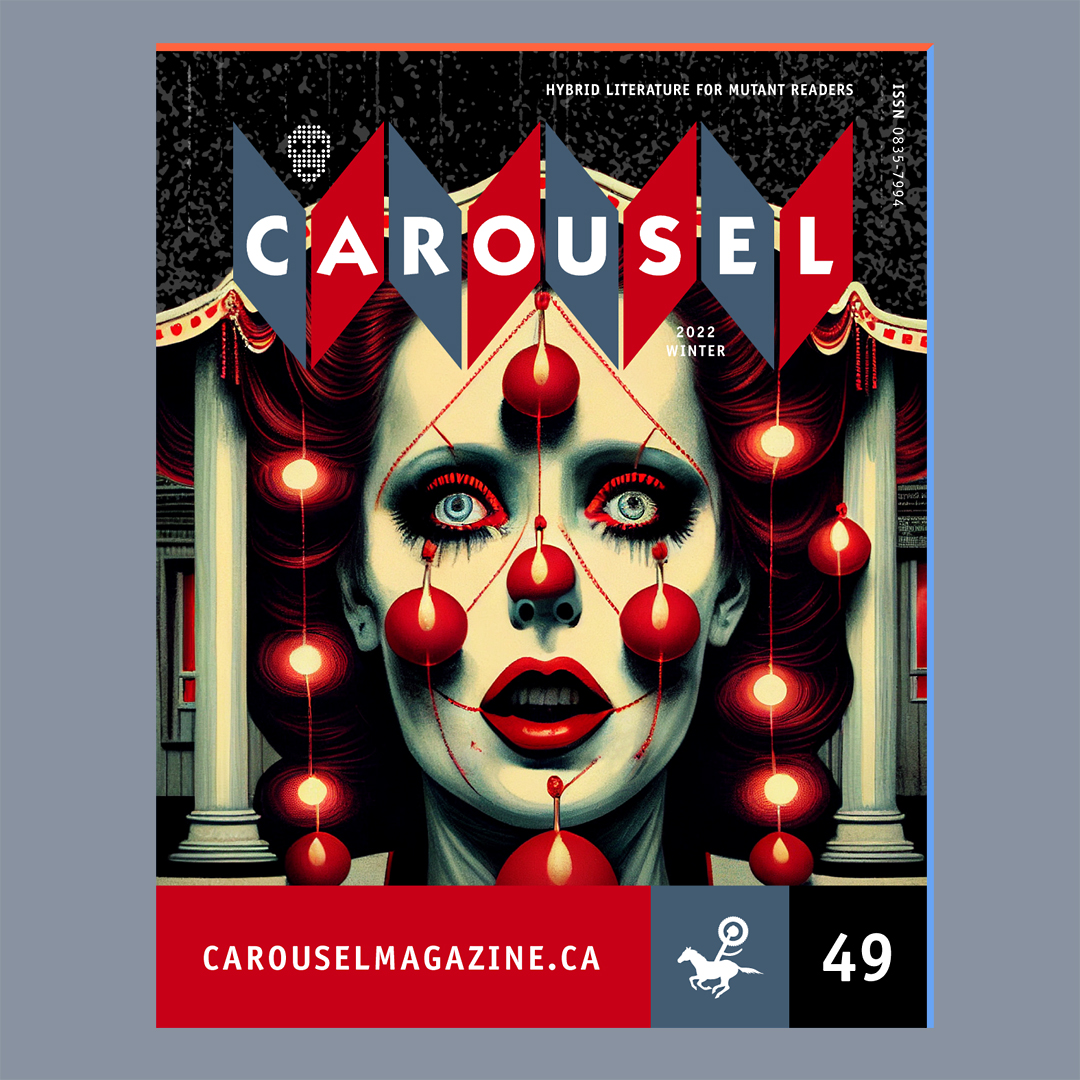“The carousel I was riding
made the world outside the
rim of it a blur to me.”
― MAILA NURMI aka VAMPIRA
MARK LALIBERTE
Managing Editor
Issue 49 Editorial
+
About the Cover

Poetry Editors — Taylor Brown & Jessica Poole
Fiction Editors — Jessica Poole & Bec Gržetić-Muffo
Reviews Editor — Jade Wallace
Graphics + Website — Obscure Design
2022 Editorial Staff
Grace Bilger
Susane Dang
Gabriella Dritsas
Elisabeth Finkelzon
Eileen Hack
Jessica Hewitt
Samuel Peacock
Sarah Peters
Ooma Samuel-Walks
Eva Zheng
Copyright © 2022 by the contributors. All rights reserved.

FEATURED ARTISTS

DUONG TRUNG KIEN
A Prompted Alphabet
A font set developed in collaboration with Midjourney AI
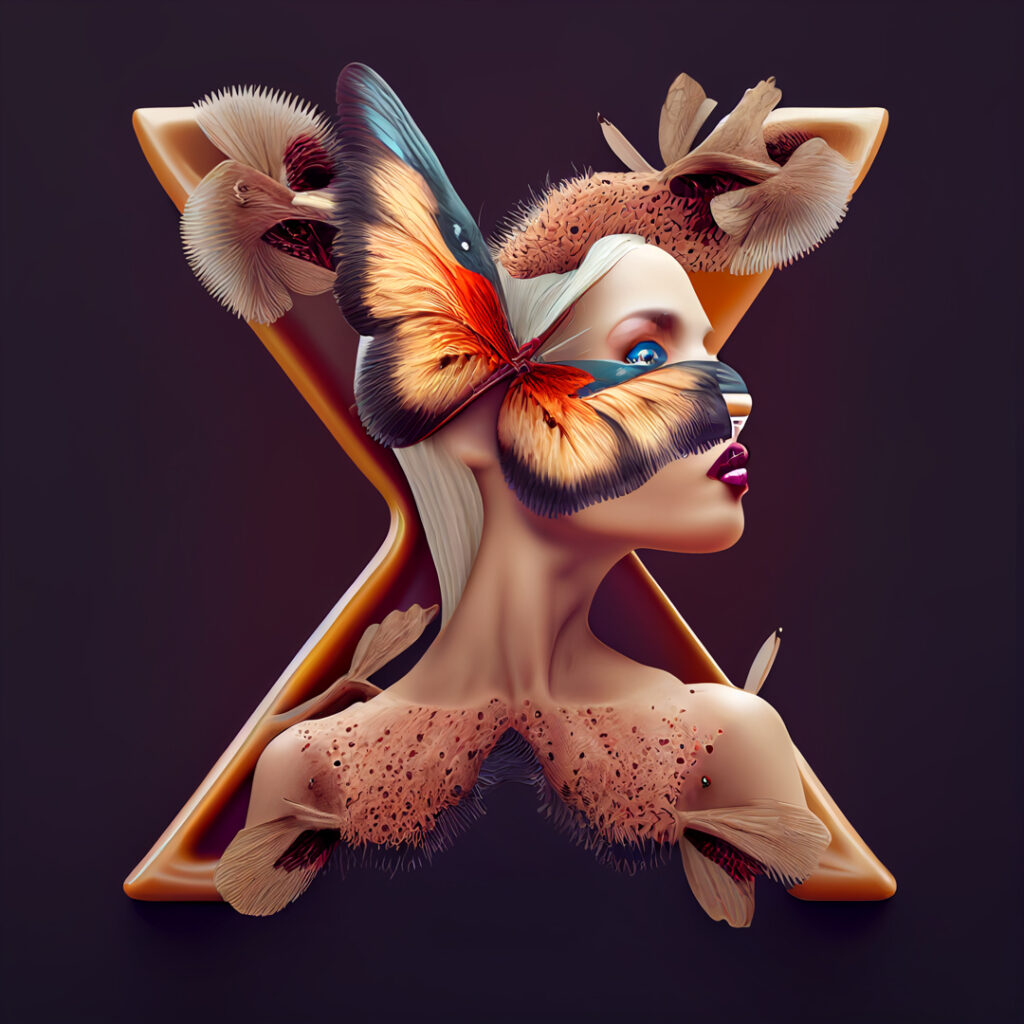
MARK LALIBERTE
Edenic Mutating X-Gene
Looping animation — developed in December 2022 in collaboration with Midjourney AI

FICTION
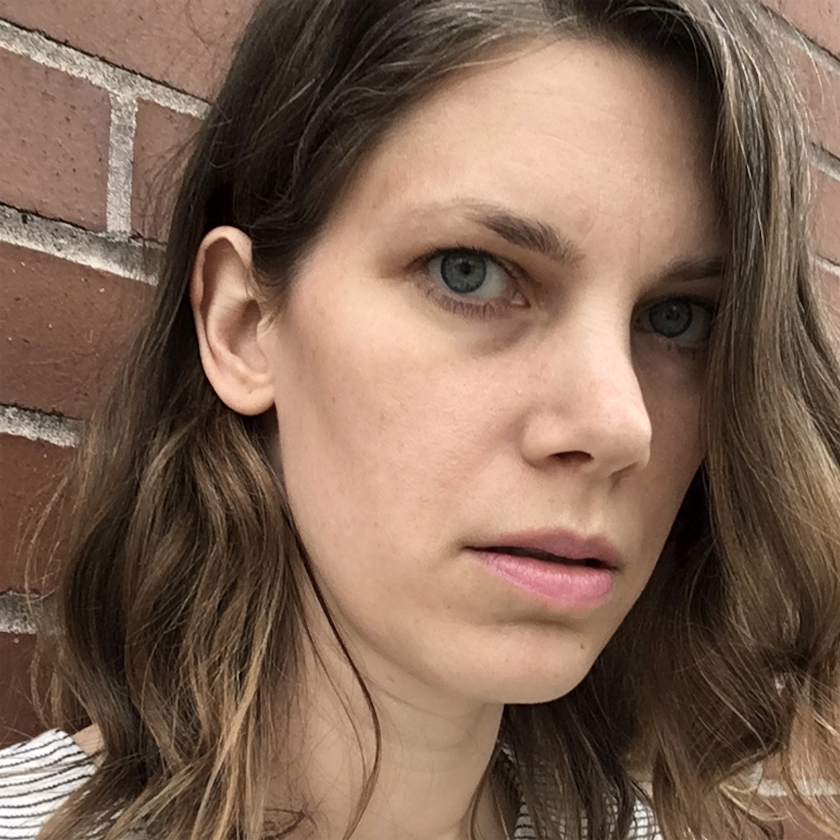
KRISTA EIDE
Seraphina

RACHEL LACHMANSINGH
Eat Well

BEN RAWLUK
Kiss of the Leviathan

POETRY
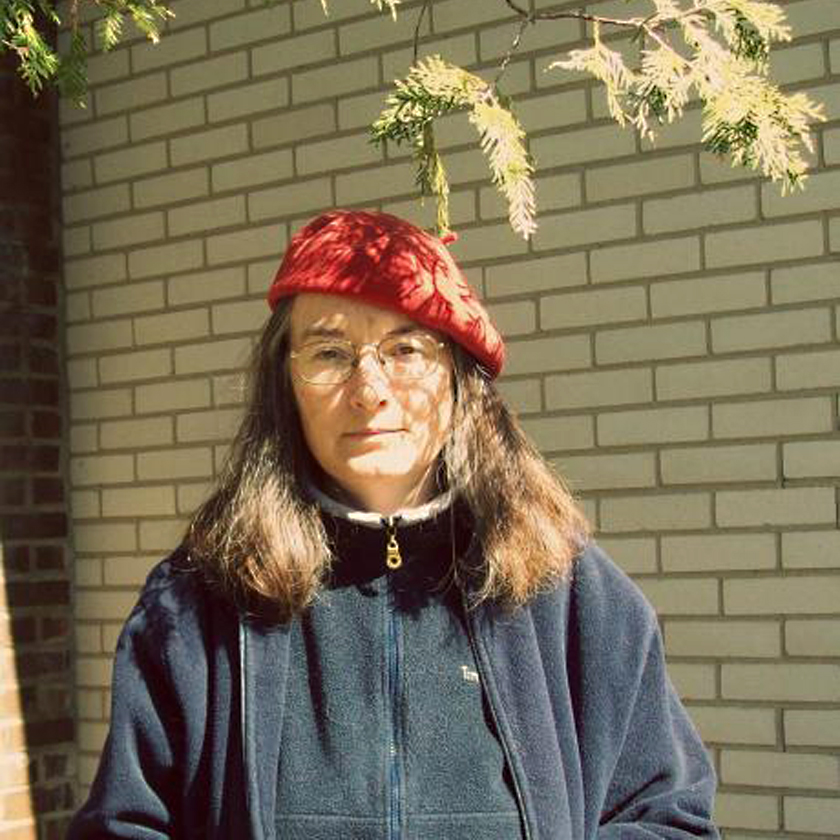
LOUISE CARSON
Stolen

ROCCO DE GIACOMO
2 Poems

ADAM LAWRENCE
Asphalt Roads Rebel

MICKEY HAHA MAHAN
Felliniesque

TYLER RASO
In 2006, the church …

LEAH SCHNURR
Whalesong

MARK TRUSCOTT
Living Room

SABRINA VELLANI
Genetic Traffic

E.A. WANG
Ode to Tomato & Egg Stir-Fry

MARTHA WEBSTER
Lemon Tree

SPECIAL PROJECT:
Commissioned Prompt Poems
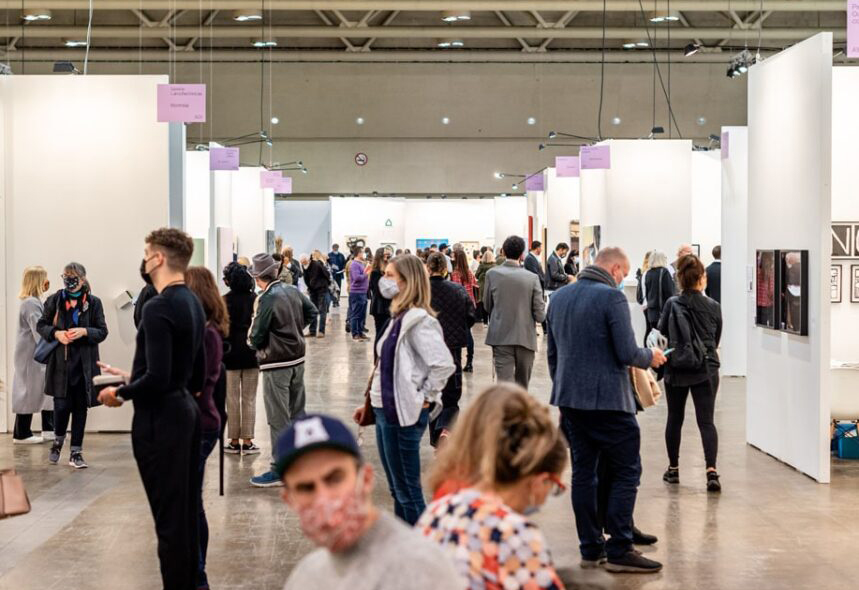
The scene: two CAROUSEL editors are hurrying along ‘Content‘, a small, somewhat isolated section of Art Toronto, one of Canada’s largest fairs for contemporary art. Unlike the mass spectacle of competing galleries displaying their precious commodity-objects in the main sections of the fair, this final row of attractions, tucked along the outer edge of the convention centre, is dedicated to showcasing books, catalogues, editioned works and other small-scale oddities. Concealed inside the visually-dominant landscape of the main event, this modest creative zone is the place where literature hides. Though in a rush because their parking is about to run out, the senior editor, Mark Laliberte, stops abruptly, pulled in by a sign propped up on a table designated ‘Poet’s Row’:
1. Pick a topic — 2. Get a poem on the spot — 3. Pay what you want
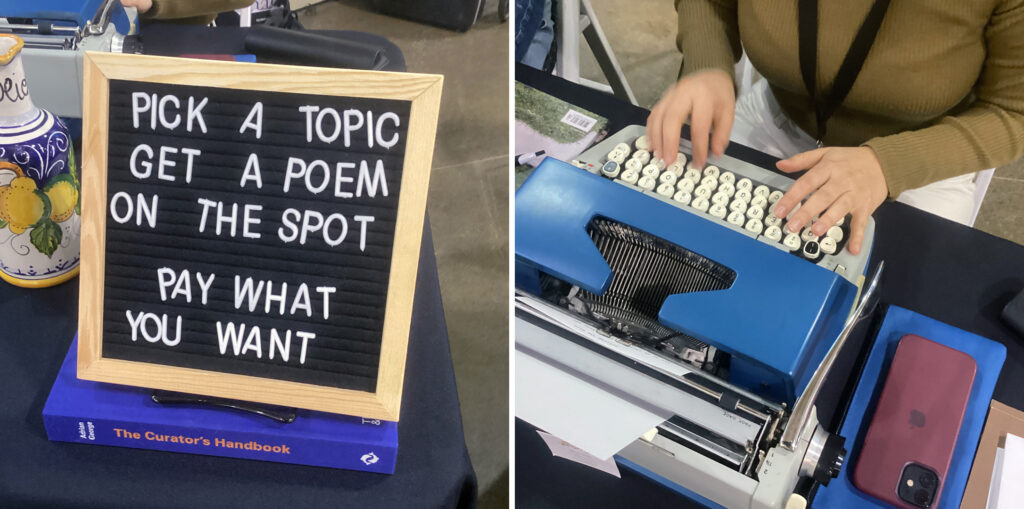
This pitch is easy to identify as a species of busking. It’s aimed at enticing some of the crowd milling past into activating a typewriter-driven performance … spectacular, fun, but what kind of writing does it actually produce? Is there a formula to the poetic free flow, or are these wordsmiths able to create solid work on a tight timeline? This is the first of many questions that pop into our editor’s head, followed by: How many poems have the two artists sitting in front of their machines collectively authored at events such as these, and have any of them ever made it into print?
That final question sticks. This has suddenly become a compelling proposition for the editor of a literary journal to contemplate, since it runs against the grain of ‘how things are done’: in our world, writers submit new work to a call and our editorial committee carefully looks over all of the submissions in a given period, panning for their particular vision of gold in the slush. It’s slow, careful work, and only the smallest portion of poems make the final cut.
But what if we were to make an exception in the name of exploring this moment? What if we were to let the process guide the outcome? It’s tantalizing to consider, especially today, because it speaks to a particular fixation the art & literary worlds have recently been having to come to terms with: the power of the prompt. From writing workshops to ultra-specific themed calls to AI-generated visual art, prompts and their role in the artistic process have been focalized lately, and the CAROUSEL editors are as fascinated as anyone by the creative implications of prompting towards a result. Unlike with AI, however, this negotiation involves live poetry and live people, here, now, in this moment … it’s as much about the emotional and relational process as it is about the final product.
So, despite the clock, Laliberte starts chatting with the two writers-for-hire, Kaile H. Glick (a.k.a. The Spontaneous Prose Store) and Marisa Kelly (a.k.a nowbothsides), introduces the journal (which, happily, one of the creators is familiar with) and proposes an experiment that involves risk in two directions: he asks each writer to compose an on-the-spot poem for inclusion in a special section of the very next issue of CAROUSEL, and importantly, to wait to receive payment until the issue is published, just like every other contributor does. The writers are betting that they aren’t being scammed and that their work will be well-presented and contextualized; the editors are betting that the poems they receive will be capable, interesting and a good fit for the magazine. None of the parties have done this before, and they must trust one another to play fair.
What do you want us to write about? they ask. The editors confer amongst themselves. Let’s go with rolling the dice, Laliberte says, which seems to be the only appropriate subject for the gamble everyone is taking. Writers and editors shake hands — and the cards are dealt. Fifteen minutes later, the editors leave Art Toronto with two poems, which are presented here without any editing or other interference whatsoever. The cards have been flipped; the outcome of the game is about to be revealed …
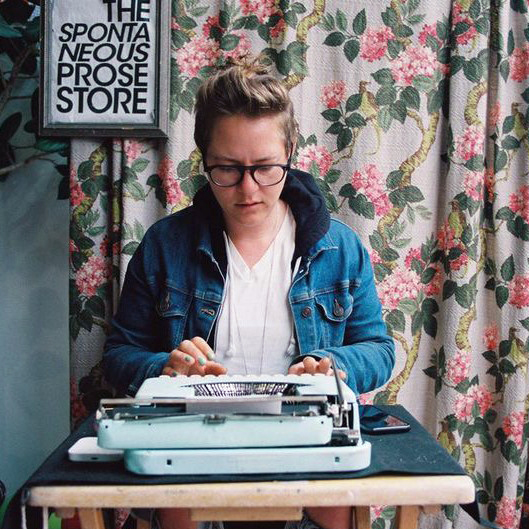
KAILE H. GLICK
Gambling
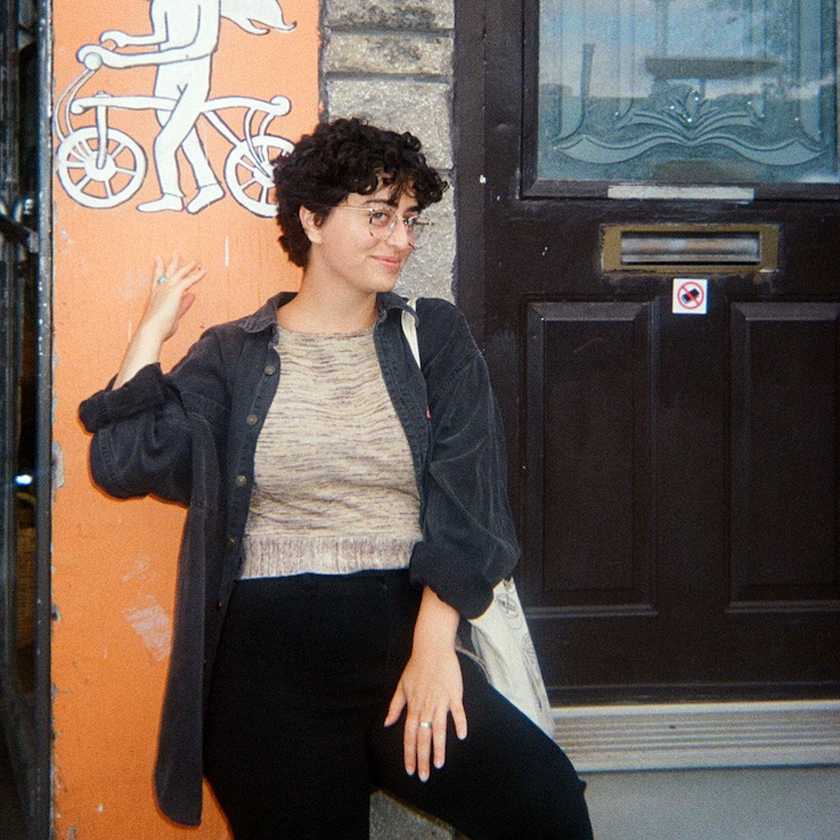
MARISA KELLY
Rolling the Dice

USEREVIEW: 075–089
In December, the winter waning of the year, we look back on what has come before. For CAROUSEL‘s USEREVIEW section, 2022 meant the publication of no fewer than 45 brand new experimental, traditional and capsule reviews by 20+ new and returning reviewers, featured across 3 issues of the magazine.
In this final issue of the year, we highlight 15 of the reviews we’ve published. Our experimental reviews include reviews in the form of comics, travel guides and tour company reviews. Our traditional reviews have incorporated personal essay elements, neologisms and local community lore. Our capsule reviews have covered a wide swath of contemporary literature from across Canada and the US, including essay, poetry and fiction collections by first-time and time-honoured writers.
As ever, we remain proud to be able to bring attention to both the incredible creative writing being published these days, as well as the equally admirable critical practices of the reviewers who who invest precious, scarce energy to engage with these books. Reviewing is not always the most rewarding job. Though we at CAROUSEL make sure to pay our reviewers, there are surely more lucrative fields of work. Though we promote our reviews, there is plenty of content that attracts far more readers than book reviews. The editors of CAROUSEL, and our reviewers, do this work of making reviews happen because we love the endless conversation that is occurring all the time and across the world about essential literature, and because we believe this conversation has significance beyond what can be quantified by profit or online engagement statistics. If you’re reading this, we bet you believe that, too.
Cheers to one more year of reviews; we look forward to another year of them in 2023!
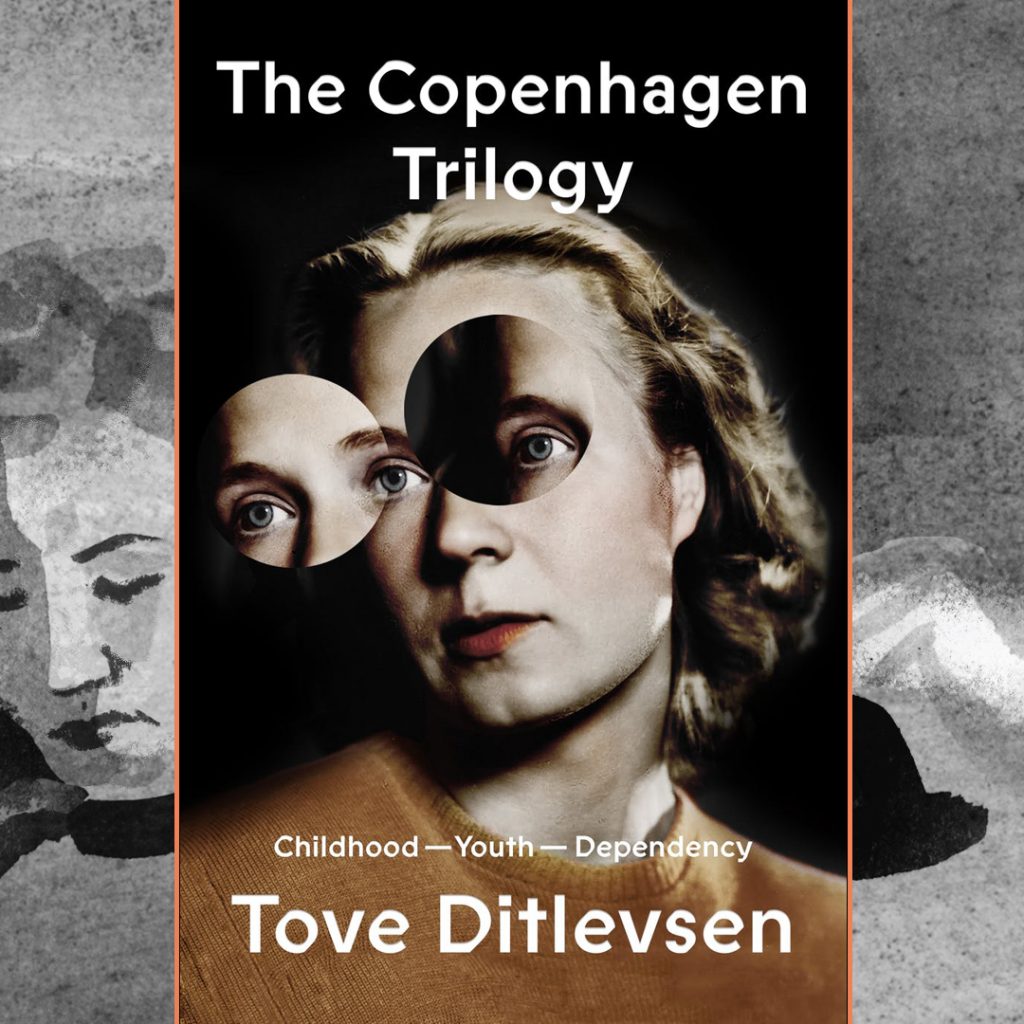
MEREDITH SADLER
USEREVIEW 075: Psychic Chafing
A comic-form experimental review of Tove Ditlevsen’s graphic memoir The Copenhagen Trilogy (Farrar, Straus and Giroux, 2021)
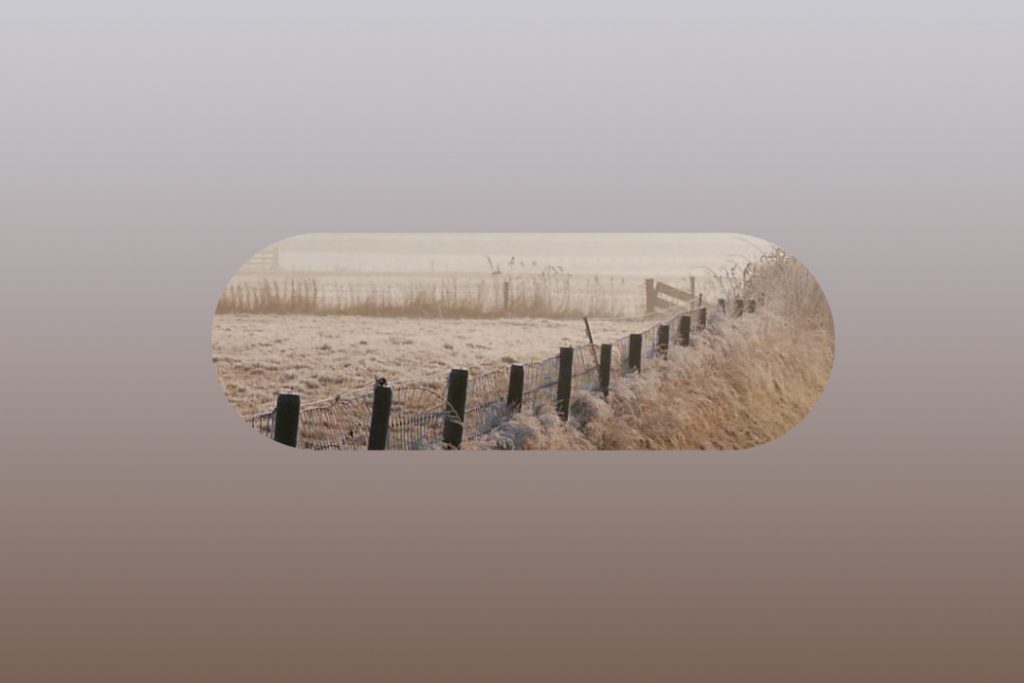
JOELLE KIDD
USEREVIEW 076: (Capsule)
Reviewing poet Sadiqa de Meijer’s debut memoir alfabet / alphabet (Palimpsest Press, 2020)

JOELLE KIDD
USEREVIEW 077: (Capsule)
Reviewing Peter Counter’s debut essay collection Be Scared of Everything: Horror Essays (Invisible Publishing, 2020)
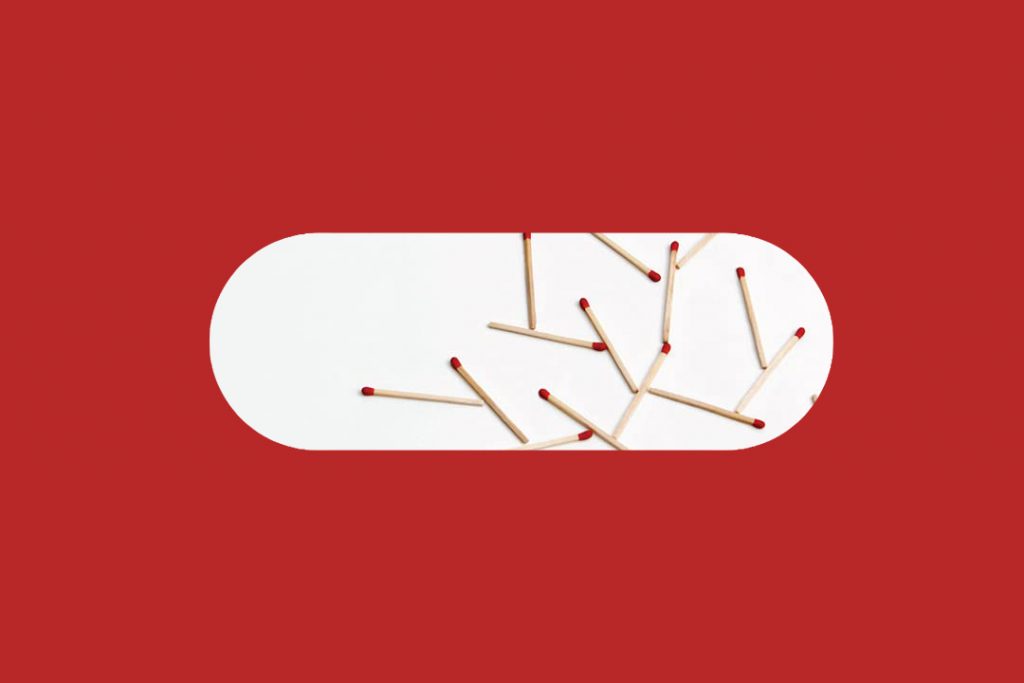
JOELLE KIDD
USEREVIEW 078: (Capsule)
Reviewing Michelle Porter’s memoir Approaching Fire (Breakwater Books, 2020)
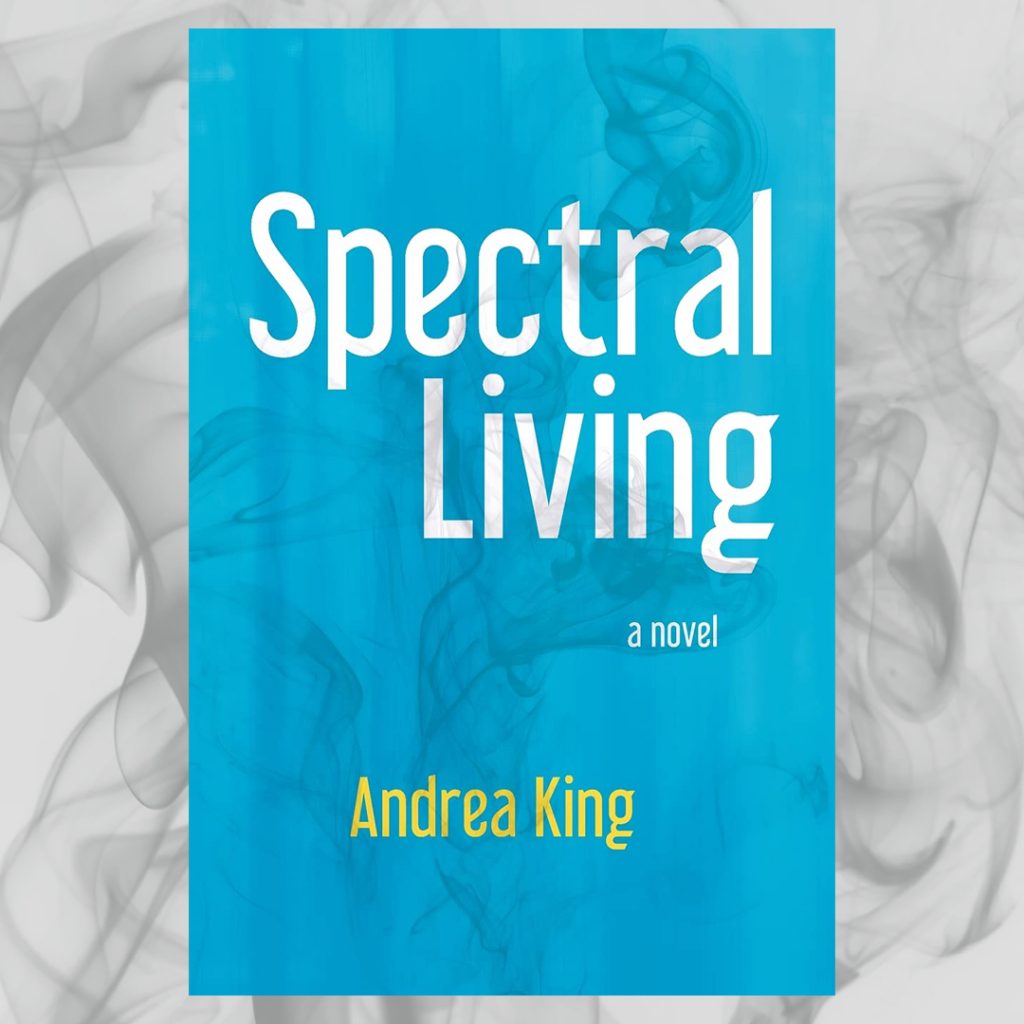
DEIRDRE DANKLIN
USEREVIEW 079: Do You Believe in Ghosts?
A traditional review of Andrea King’s debut novel Spectral Living (University of Calgary Press, 2021)
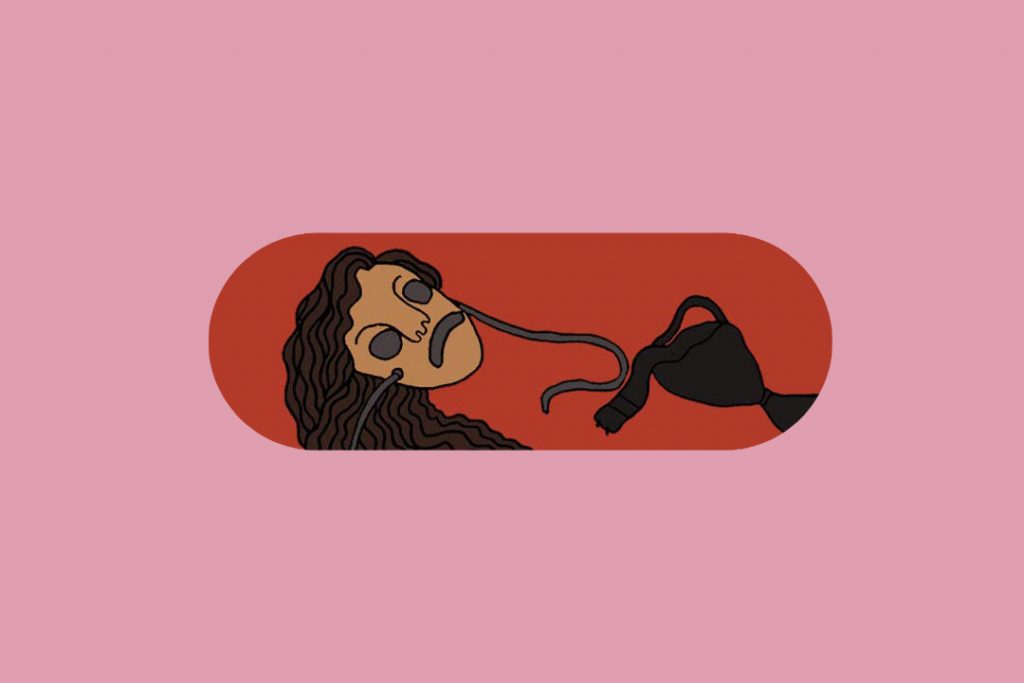
TAYLOR BROWN
USEREVIEW 080: (Capsule)
Reviewing Melissa Lozada-Oliva’s debut debut novel-in-verse Dreaming of You (Astra House Books, 2021)

TAYLOR BROWN
USEREVIEW 081: (Capsule)
Reviewing Laila El-Mugammar’s debut collection undergrad: a commonplace book (2021)

TAYLOR BROWN
USEREVIEW 082: (Capsule)
Reviewing Rax King’s debut essay collection Tacky: Love Letters to the Worst Culture We Have to Offer (Vintage Books, 2021)
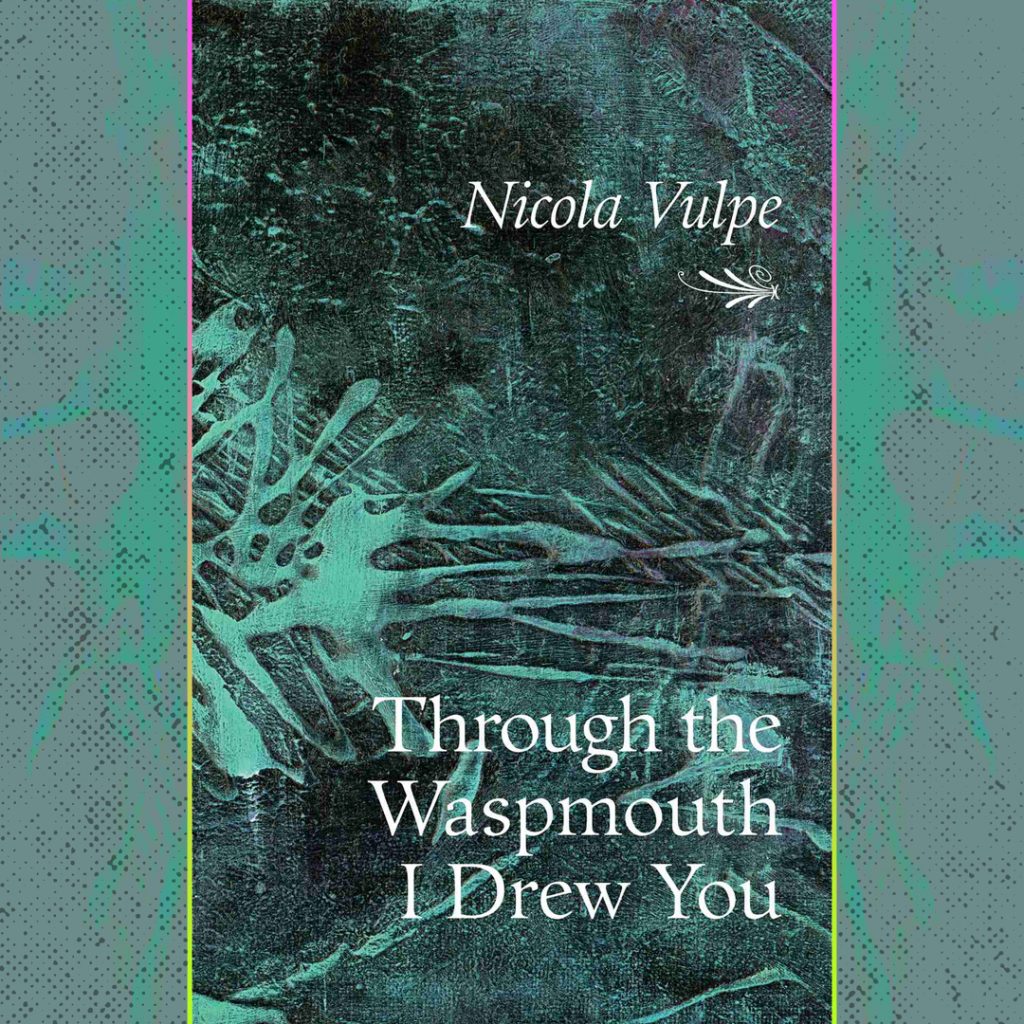
ELIZABETH UPSHUR
USEREVIEW 083: Kenningdom
A traditional review of Nicola Vulpe’s latest poetry collection Through the Waspmouth I Drew You (Guernica Editions, 2021)
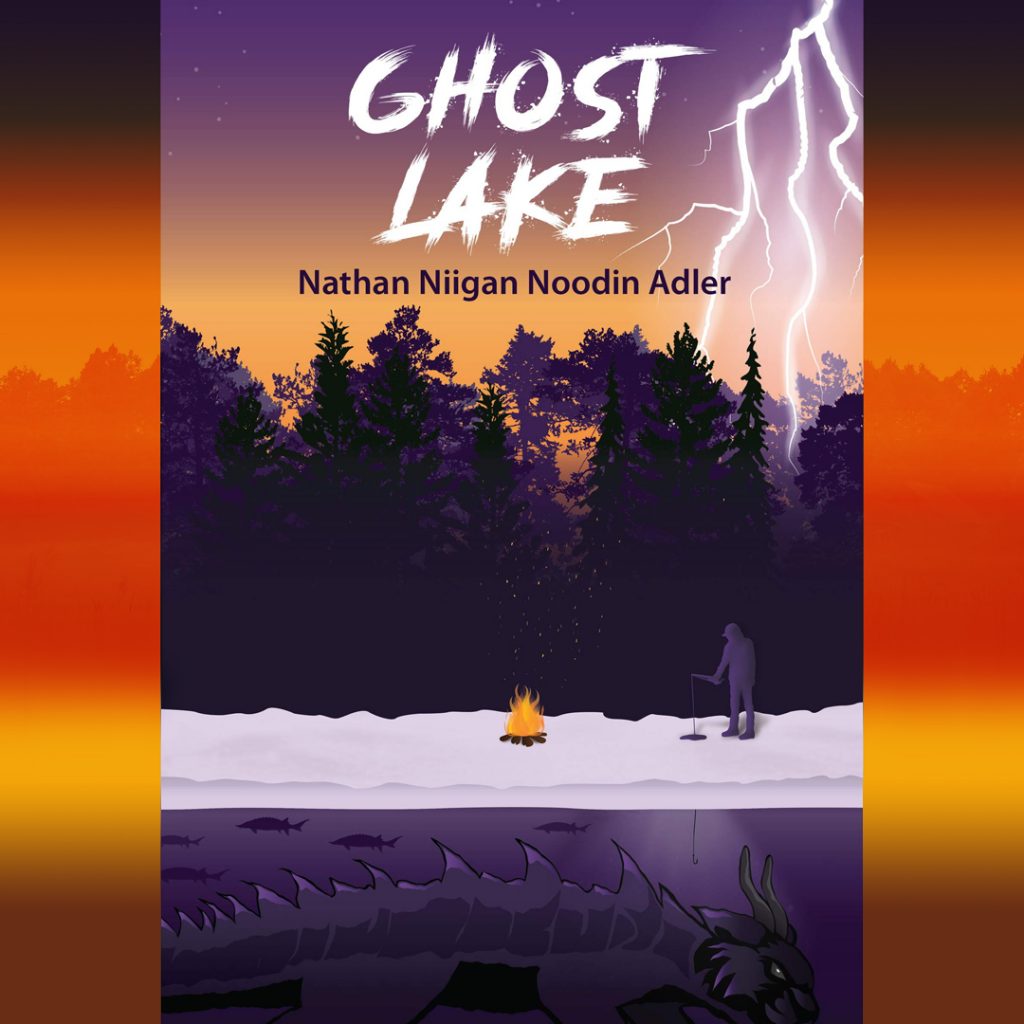
EMILY WOODWORTH
USEREVIEW 084: Ghost Lake Survival Guide
A travel guide-style experimental review of Nathan Niigan Noodin Adler’s linked short story collection Ghost Lake (Kegedonce Press, 2020)
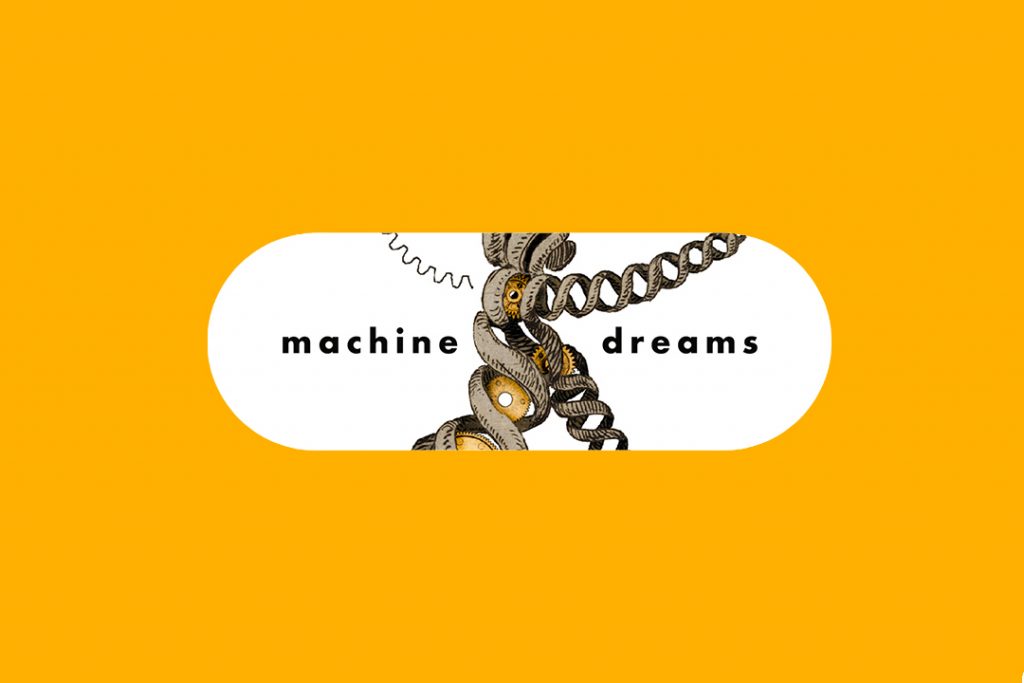
BRYCE WARNES
USEREVIEW 085: (Capsule)
Reviewing Liam Burke X Natalie Hanna’s collaborative poetry chapbook machine dreams (Collusion Books, 2021)
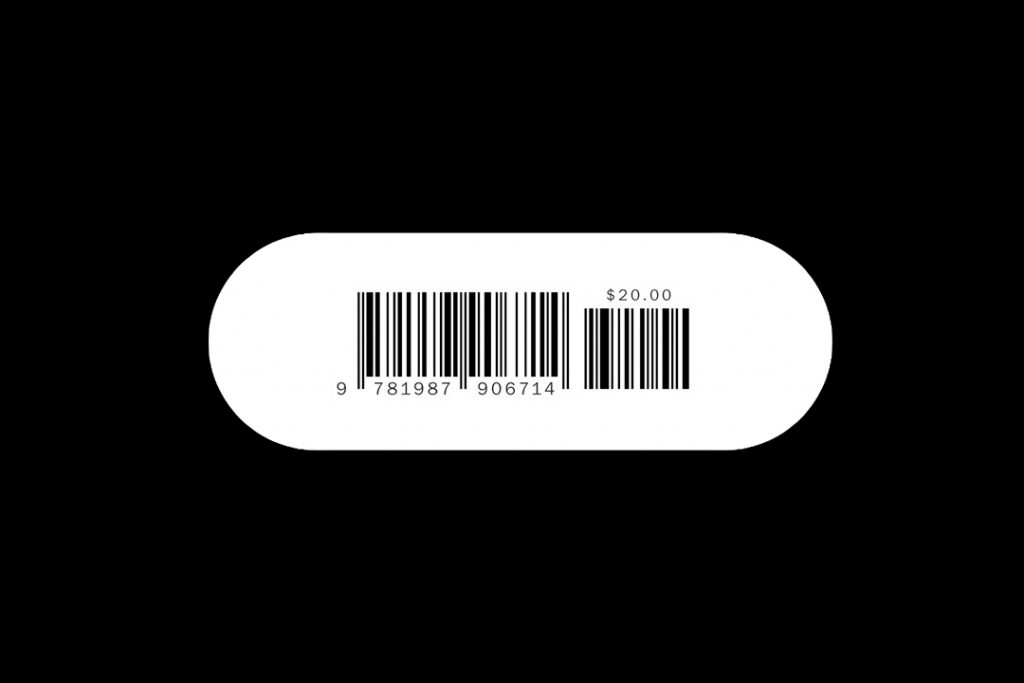
BRYCE WARNES
USEREVIEW 086: (Capsule)
Reviewing Kyle Flemmer’s poetry collection Barcode Poetry (The Blasted Tree, 2021)
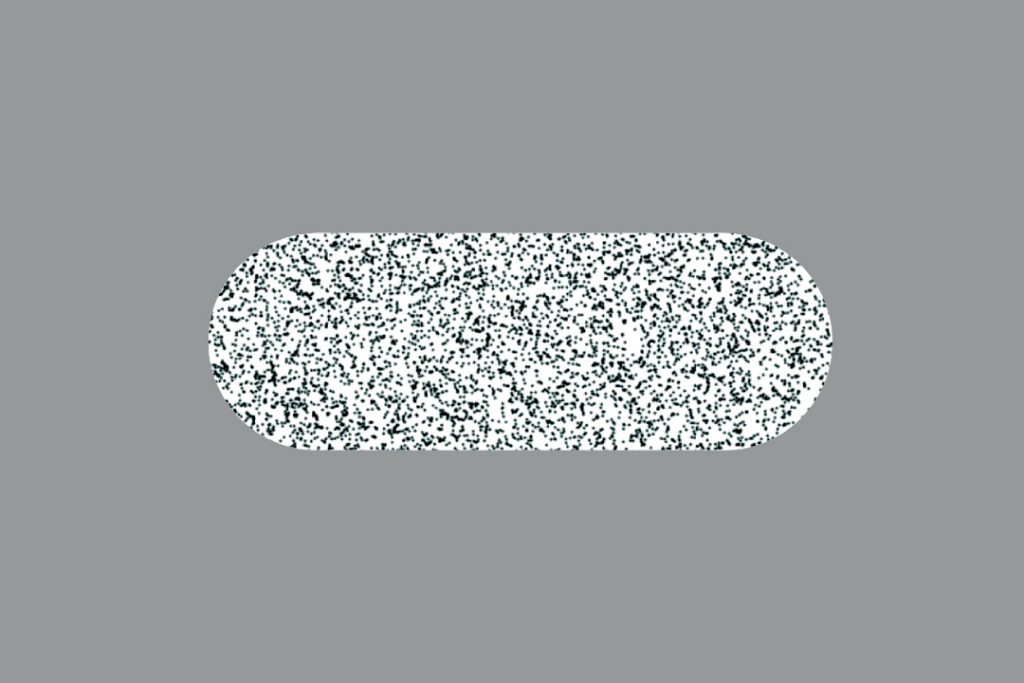
BRYCE WARNES
USEREVIEW 087: (Capsule)
Reviewing Dona Mayoora & Gary Barwin’s collaborative poetry chapbook punctum (Gap Riot Press, 2021)
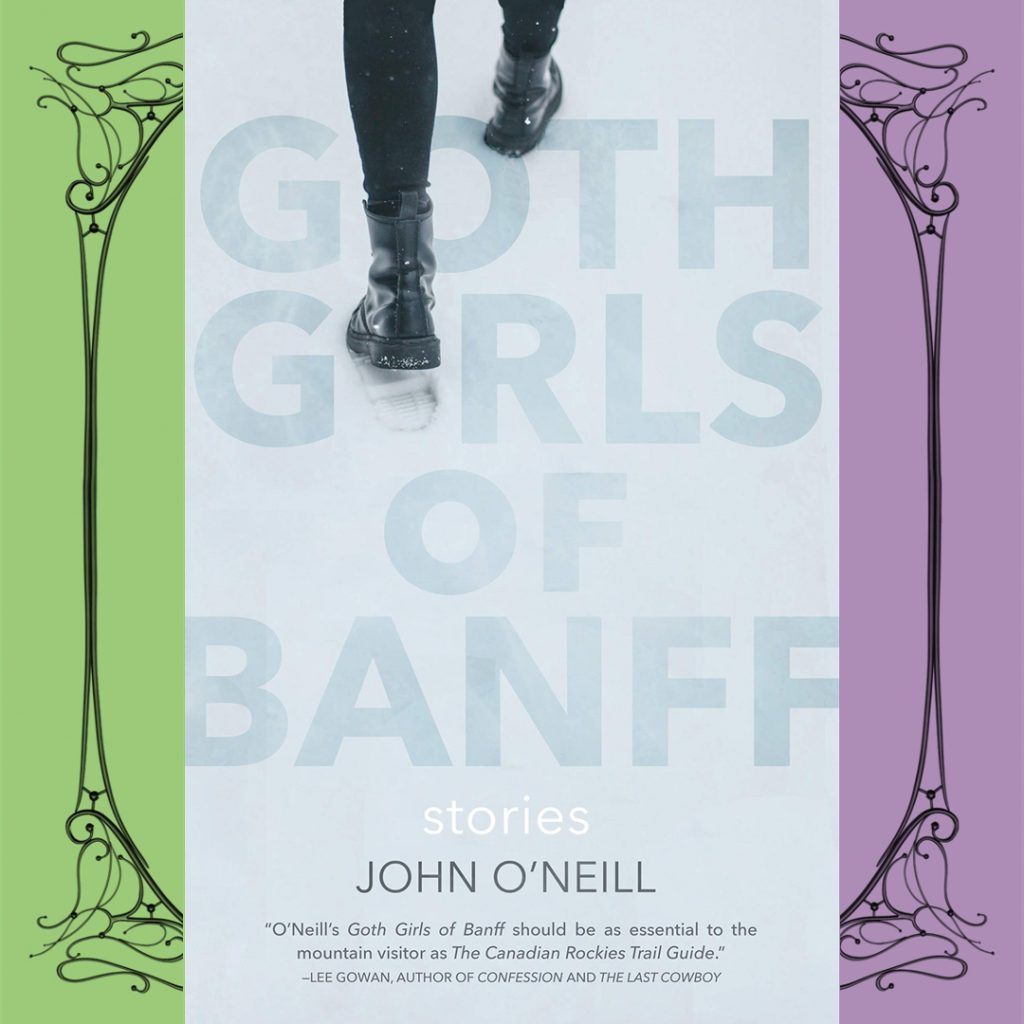
KATHERINE MUSSELLAM
USEREVIEW 088: A Darker View of Western Canada
An experimental review, styled as a tour company review, of John O’Neill’s short story collection Goth Girls of Banff (NeWest Press, 2020)
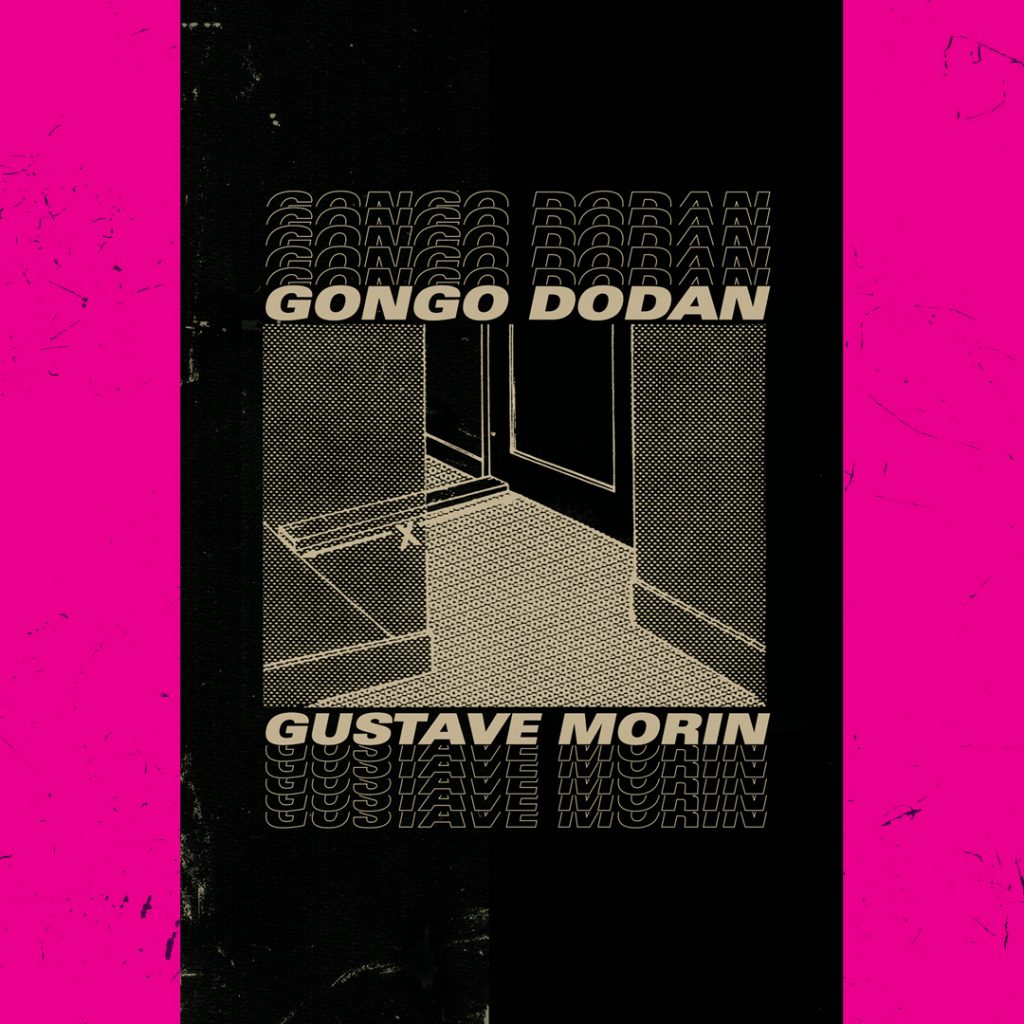
MARK LALIBERTE
USEREVIEW 089: Mute as a Riot
A traditional review of Gustave Morin’s latest poetry collection Gongo Dodan (New Star Books, 2022)

Published two or three times a year. We gratefully acknowledge the financial assistance of the Central Students’ Association and the students of the University of Guelph.
Free newsletter: If you like this issue, you’ll LOVE our bi-monthly email full of announcements, deadline reminders, occasional archival posts and exclusive content! Sign up here
Get social: if you’re not already, go and follow us on Instagram / Twitter / Facebook


